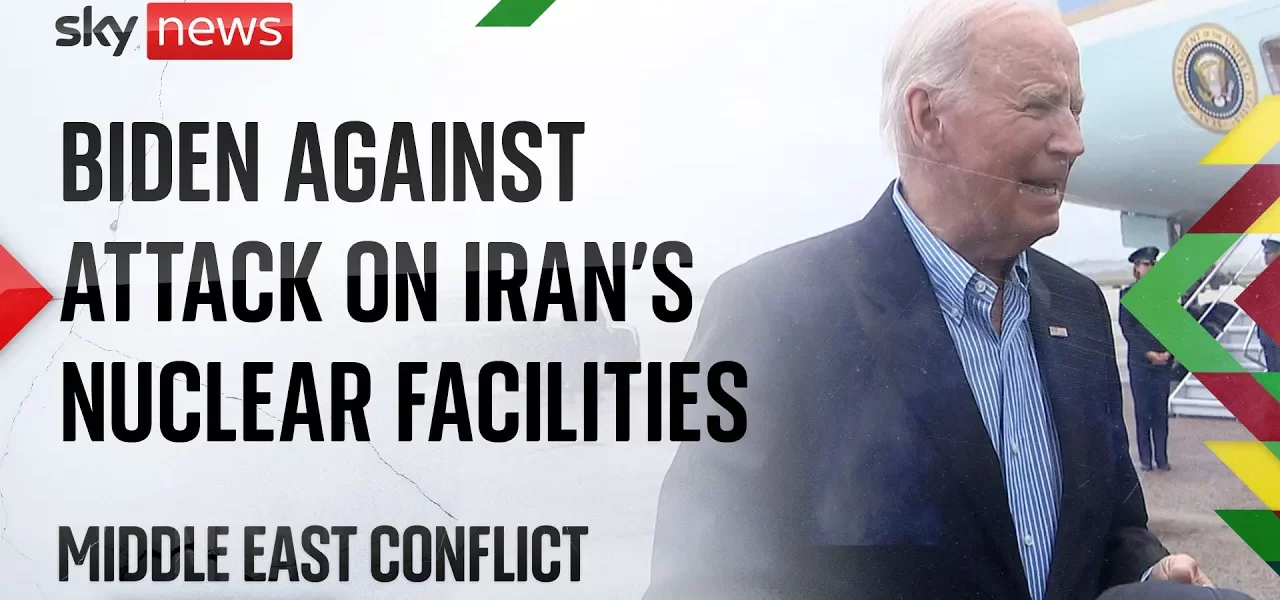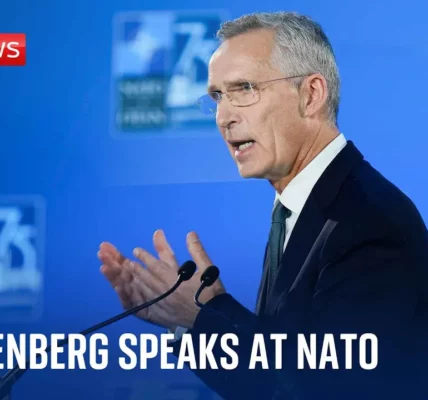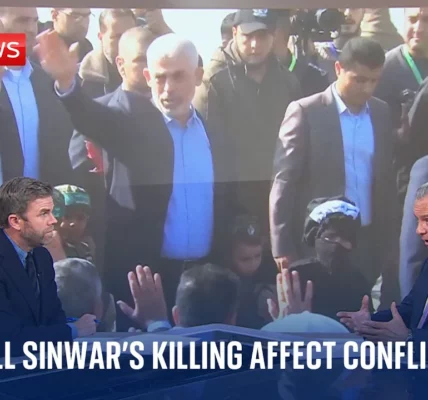Geopolitical Tensions and Labor Strikes: An In-Depth Analysis

This article delves into the critical issues surrounding recent labor strikes, the implications of natural disasters, and the ongoing geopolitical tensions, particularly focused on the Middle East. Understanding these multifaceted issues is essential for grasping the current global landscape.
Introduction
The world is currently facing a series of interconnected challenges, including natural disasters and labor strikes that threaten economic stability and international relations. As we navigate through these crises, it is crucial to analyze how they are interlinked and their potential consequences. This article examines the ongoing port strikes affecting product supply, the role of influential port owners, and the broader geopolitical implications, particularly concerning Iran and Israel.
Impact of Labor Strikes on Supply Chains
Labor strikes, particularly at ports, have far-reaching effects on supply chains and the global economy. The current port strike is a significant concern, as it disrupts the flow of essential goods and services. Here, we explore the ramifications of these strikes.
Consequences of Port Strikes
- Delayed shipments of critical products
- Increased prices for consumers due to supply shortages
- Economic losses for businesses reliant on timely deliveries
Key Players in the Port Industry
The port industry is dominated by a consortium of six owners who control a majority of the ports. These owners have reportedly made substantial profits—over 800% since the pandemic began—raising concerns about their responsibility during these crises.
Call for Negotiation
It is imperative for these owners to engage in constructive dialogue with labor representatives to resolve the ongoing strike. History shows that negotiation can lead to mutually beneficial outcomes, as seen in previous agreements made during West Coast strikes.
Geopolitical Tensions: Iran and Israel
The tensions between Iran and Israel continue to escalate, with global implications. Recent discussions among G7 nations highlight the unified stance against Iran’s aggressive actions.
G7 Response to Iran
During a recent G7 meeting, leaders from major nations, including Japan, France, and Germany, discussed the necessity of a joint statement regarding Iran’s behavior. The consensus was clear: Iran’s actions require a coordinated response.
Sanctions and Diplomatic Efforts
- Imposition of additional sanctions on Iran.
- Encouragement of diplomatic channels to address issues peacefully.
- Support for Israel’s right to respond to threats while advocating for proportionality in their response.
Negotiating Peace in the Region
While there are calls for restraint, the role of international diplomacy is crucial in preventing further escalation of conflicts in the Middle East. Ongoing discussions with Israeli leaders are pivotal in shaping the response to Iranian provocations.
Technological Restrictions and the Workforce
With advancements in technology and automation, labor forces in various sectors, including port workers, are facing challenges. The push for restrictions on automation raises important questions regarding job security and worker rights.
The Workers’ Perspective
Workers are advocating for limitations on the implementation of automation to protect their jobs. Engaging in dialogue about these concerns is essential for fostering a healthy workplace environment.
Lessons from Past Negotiations
Reflecting on past negotiations during similar strikes can provide insights into effective strategies for resolving current disputes. Key strategies include:
- Open communication between workers and management.
- Commitment to finding common ground.
- Involvement of third-party mediators if necessary.
Conclusion
In conclusion, the interplay between labor strikes, natural disasters, and geopolitical tensions is complex and requires careful consideration. As we face these challenges, it is essential for stakeholders to engage in open dialogue and seek resolutions that prioritize economic stability and international peace. We encourage readers to stay informed about these issues and participate in discussions about potential solutions.
For further reading on related topics, check out our articles on labor rights, geopolitical issues, and the economic impact of crises.
“`




